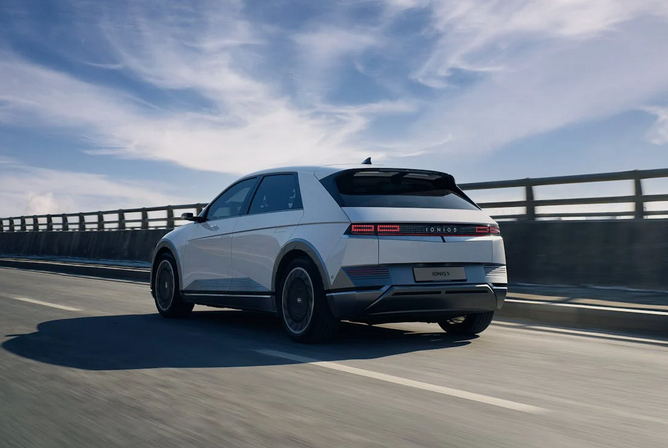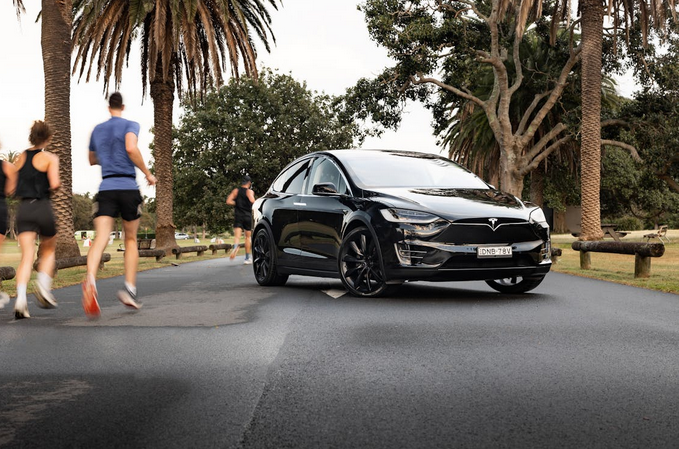How Electric Cars Are Changing the Automotive Industry
The automotive industry is undergoing a seismic shift. Electric cars, once seen as futuristic novelties, are now steering us toward a new era of transportation. With each passing year, these vehicles grow in popularity and capability. They promise not only advanced technology but also a more sustainable future for our planet. As consumers become increasingly eco-conscious, the demand for electric vehicles (EVs) continues to rise. Major automakers are investing heavily in EV development, paving the way for innovative designs and features that redefine what we expect from our cars. What does this transformation mean for drivers and manufacturers alike? Let’s explore how electric vehicles are reshaping the landscape of the automotive industry across various dimensions.
Technology Innovation
The race to innovate is fierce in the electric vehicle market. Cutting-edge technology powers these modern machines, from advanced batteries to regenerative braking systems. Manufacturers are investing in solid-state batteries that promise faster charging and longer ranges. This leap could revolutionize how we think about distance and convenience on the road. Connectivity is another game-changer. Many EVs come equipped with smart features, allowing drivers to control functions through their smartphones or even voice commands. Imagine adjusting your climate settings before you step inside!
Sustainability and Environmental Impact
 Electric cars are reshaping our understanding of sustainability in the automotive sector. They produce zero tailpipe emissions, significantly reducing air pollution in urban areas. This shift leads to healthier communities and a decrease in respiratory diseases. Manufacturers are increasingly focusing on sustainable materials for vehicle production. From recycled plastics to bio-based composites, innovation is key. These choices lessen the environmental footprint associated with traditional manufacturing processes. Moreover, the energy powering these vehicles is becoming greener too. Renewable sources like solar and wind power play an essential role in charging infrastructure.
Electric cars are reshaping our understanding of sustainability in the automotive sector. They produce zero tailpipe emissions, significantly reducing air pollution in urban areas. This shift leads to healthier communities and a decrease in respiratory diseases. Manufacturers are increasingly focusing on sustainable materials for vehicle production. From recycled plastics to bio-based composites, innovation is key. These choices lessen the environmental footprint associated with traditional manufacturing processes. Moreover, the energy powering these vehicles is becoming greener too. Renewable sources like solar and wind power play an essential role in charging infrastructure.
Market Dynamics
The rise of electric cars has dramatically shifted market dynamics in the automotive sector. Traditional manufacturers are now racing to adapt or risk obsolescence. New players, often tech-focused startups, are entering the scene with innovative business models and cutting-edge technology. Their fresh perspectives challenge established norms. Consumer preferences have evolved too. Buyers increasingly prioritize eco-friendly options and advanced features over conventional gas-powered vehicles. This shift influences production strategies and marketing approaches across the industry.
Regulatory Changes

Regulatory changes are reshaping the automotive landscape as governments worldwide push for greener alternatives. Emission standards are tightening, pushing manufacturers to innovate rapidly. Many countries have set ambitious targets for phasing out internal combustion engines. This shift creates a clear pathway for electric vehicles (EVs). Industry giants must adapt or risk falling behind. Incentives play a crucial role too. Tax credits and rebates encourage consumers to make the switch to EVs. Regulations also promote charging infrastructure development, making it easier for drivers to embrace this technology.
Electric cars are more than just a passing trend. They represent a significant shift in the automotive industry, sparking innovation at every level. As technology advances and charging infrastructure expands, electric vehicles (EVs) become increasingly accessible. As these trends continue to unfold, it’s clear that the future of mobility is electrifying—and that’s something everyone should embrace. We hope that you have found this blog post helpful.



